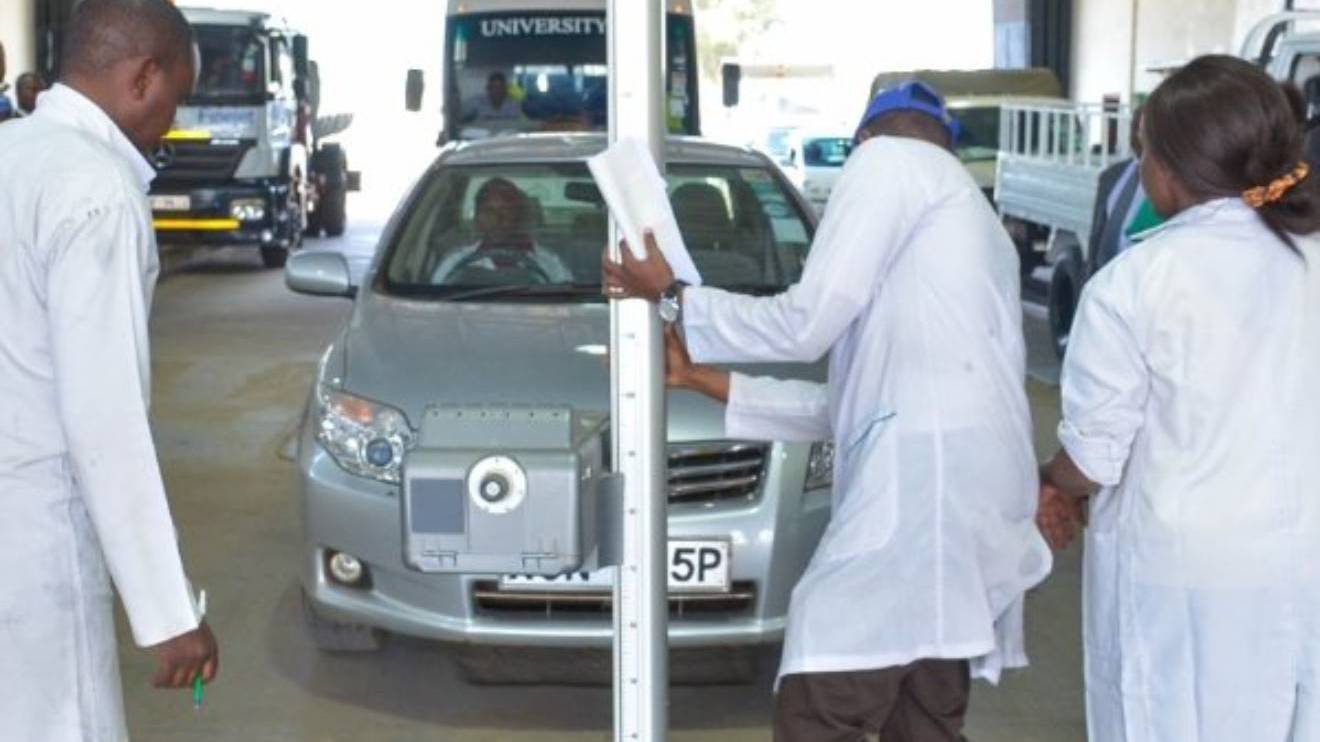The East African Development Bank (EADB) has strongly refuted allegations made by former Cabinet Minister Raphael Tuju regarding its lending practices, following a heated radio interview in Nairobi on Monday.
The bank asserted that all its loan operations are conducted in full compliance with legal and governance principles across its member states and dismissed any claims suggesting otherwise.
“The Bank states, unequivocally, that all its operations are governed by the rule of law and conducted in strict compliance with governance principles that guide banking operations across its four member states,” EADB said in a statement.
It further emphasised that loans are processed through rigorous evaluation procedures, with no preferential treatment accorded to any individual or institution.
Without addressing specific allegations raised by Tuju, the bank pointed to prior legal rulings in the United Kingdom and Kenya’s High Court, Court of Appeal, and Supreme Court as evidence that its position on the matter has been upheld.
Read More
However, it called on the media to uphold objectivity in its reporting and verify any claims made about its operations.
“The Bank urges the Fourth Estate to exercise its duty to objectivity – the bedrock upon which the profession is founded – by counterchecking claims made on the Bank’s operations against available facts, which we are ready to offer whenever requested to,” EADB stated.
Tuju, in his radio interview, accused the bank of breaching its contract by failing to disburse part of a Sh1.2 billion loan intended for a real estate project.
He clarified that the loan was granted based on a project proposal rather than a property purchase.
“The loan was given based on a project proposal, which the bank evaluated. For that evaluation alone, I paid Sh4.7 million. Then they brought in an auditing firm to assess whether the project was viable, and I paid them Sh2 million,” he said.
According to Tuju, after the audit firm deemed the project feasible, EADB’s board approved a Sh1.2 billion loan—Sh900 million for land acquisition and Sh300 million for development.
“They approved Sh1.2 billion—Sh900 million was for buying the land, and Sh300 million was for developing the project. I also contributed Sh100 million from my own money,” he explained.
Tuju, however, alleged that while the bank disbursed Sh900 million to the property seller, it withheld the remaining Sh300 million, thereby violating their agreement.
“They paid the vendor Sh900 million and then refused to disburse the Sh300 million. That was a violation of the contract,” he added.
Tuju further accused the bank of demanding repayment despite withholding part of the funds.
“I didn’t get the Sh300 million, yet they are still asking me to pay the loan. They are blackmailing me, and I refused to give in,” he stated.
He also alleged that complications in the legal battle led the Supreme Court to initially reject the case, prompting him to seek redress in a lower court where he claims more evidence came up.
“In the lower court, more evidence emerged, showing they had made several mistakes, which is why some judges had to step down from the case,” he claimed.
He added that after the bank acknowledged the project’s viability, it disbursed Sh500 million for its continuation.
“I paid Sh900 million to refund the money because it was disbursed in my name. But they refused to acknowledge the payment and now demand additional interest and legal fees totalling Sh1.5 billion,” he said.
He further said that after a review by the bank’s board, the total amount increased to Sh2 billion.
Tuju went on to accuse certain EADB board members of benefiting from loans that were later written off, alleging foul play in the management of his case. banksdsda
“The problem is that I refused to comply with their blackmail. They even asked if they could get shares in my business after I had already taken the loan,” he added.
On July 24, EADB official David Adongo acknowledged that the bank did not release the second tranche of Sh294 million meant for Tuju’s Karen Villas project, confirming that while it was intended for construction, it was never disbursed.
The dispute continues to unfold, with both parties holding firm to their positions, leaving the resolution to the courts.

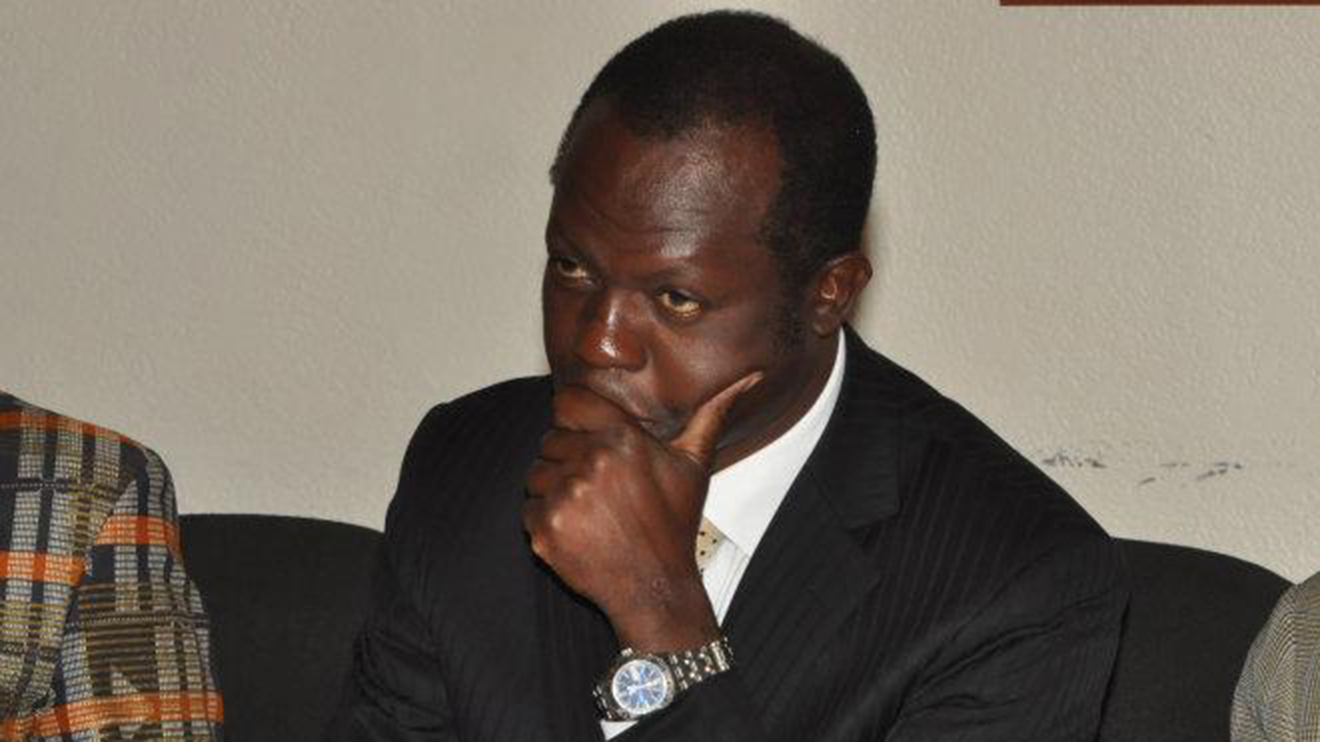
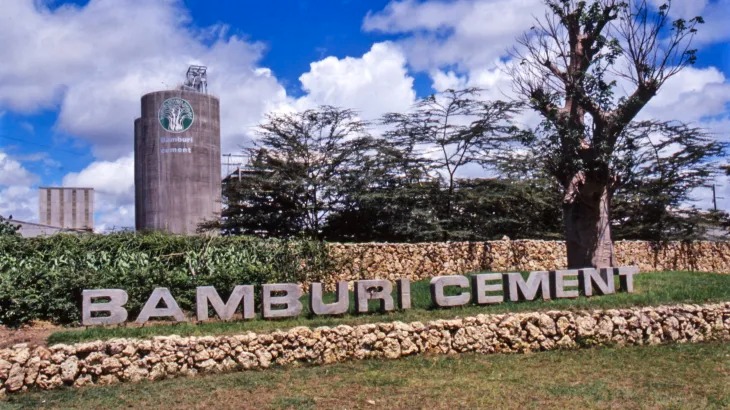
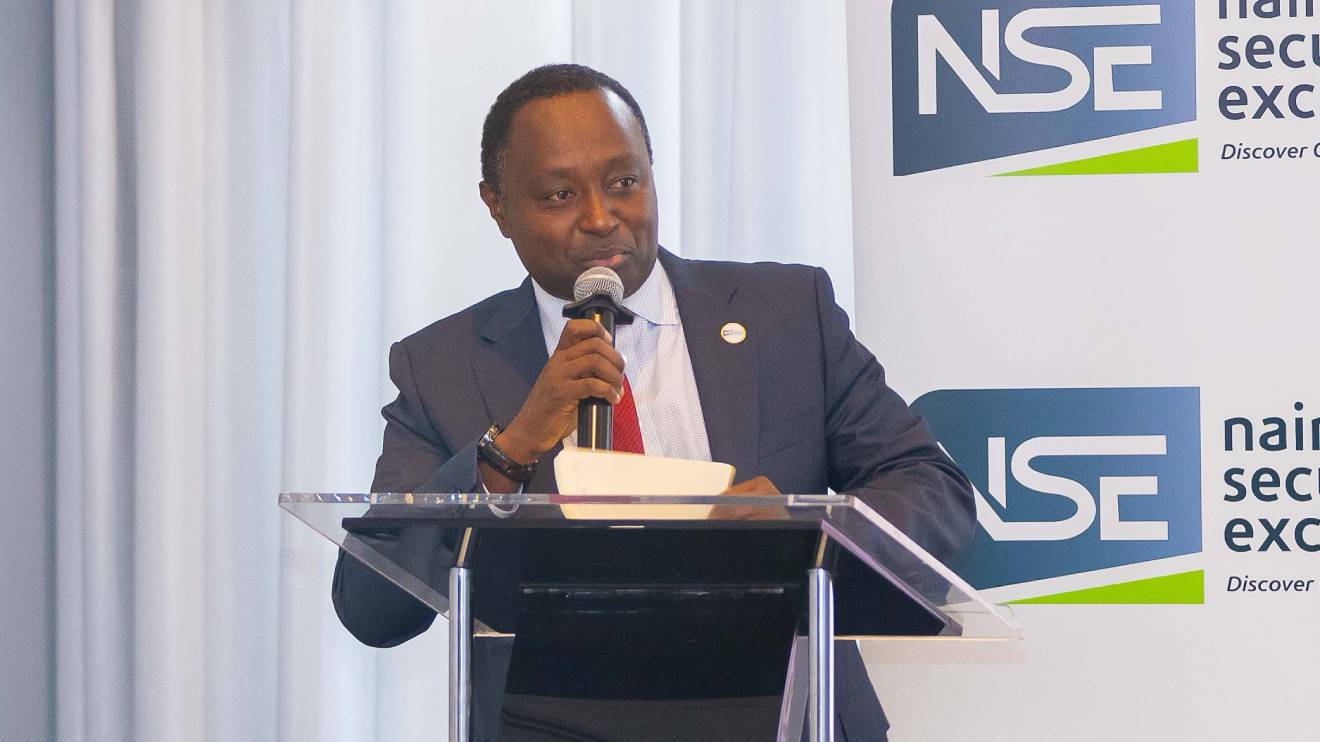
-1753788273.jpg)

-1753733469.jpeg)
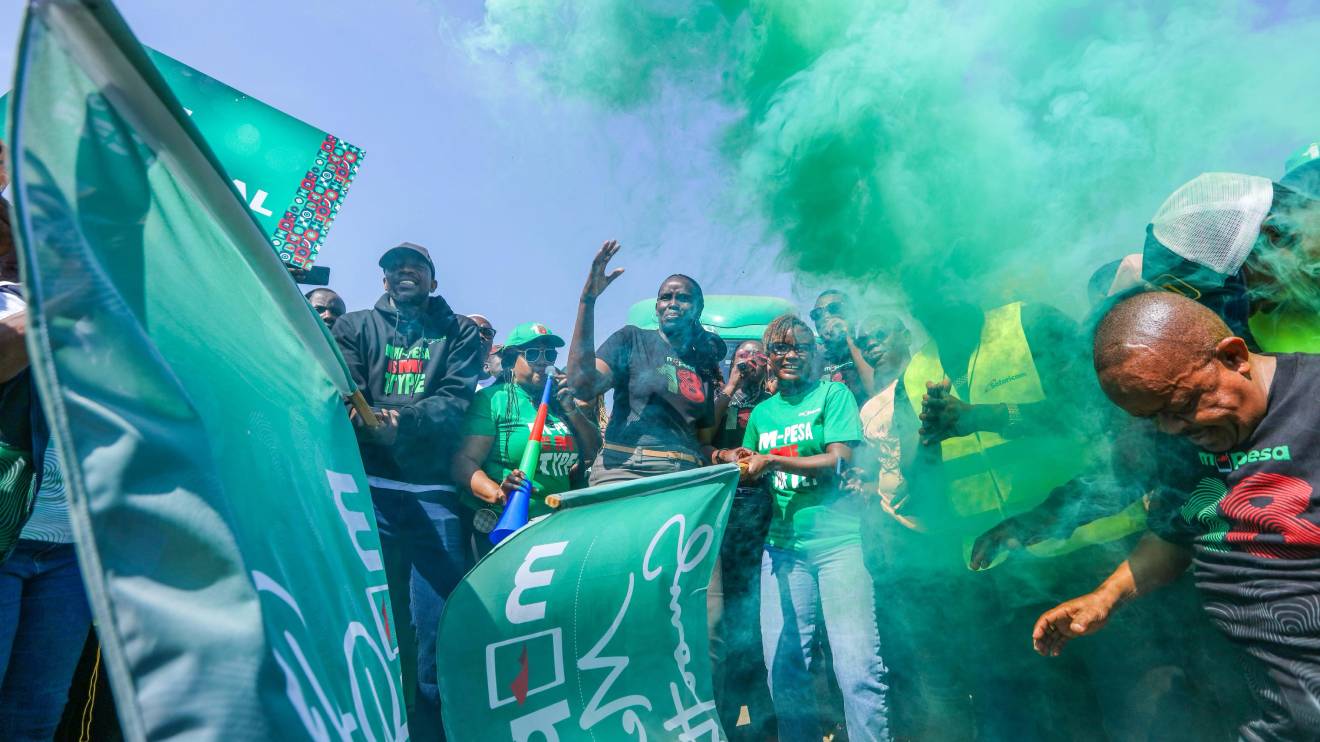
-1753808187.jpeg)
